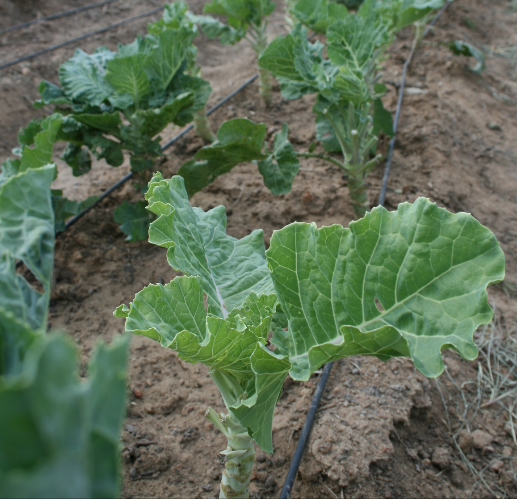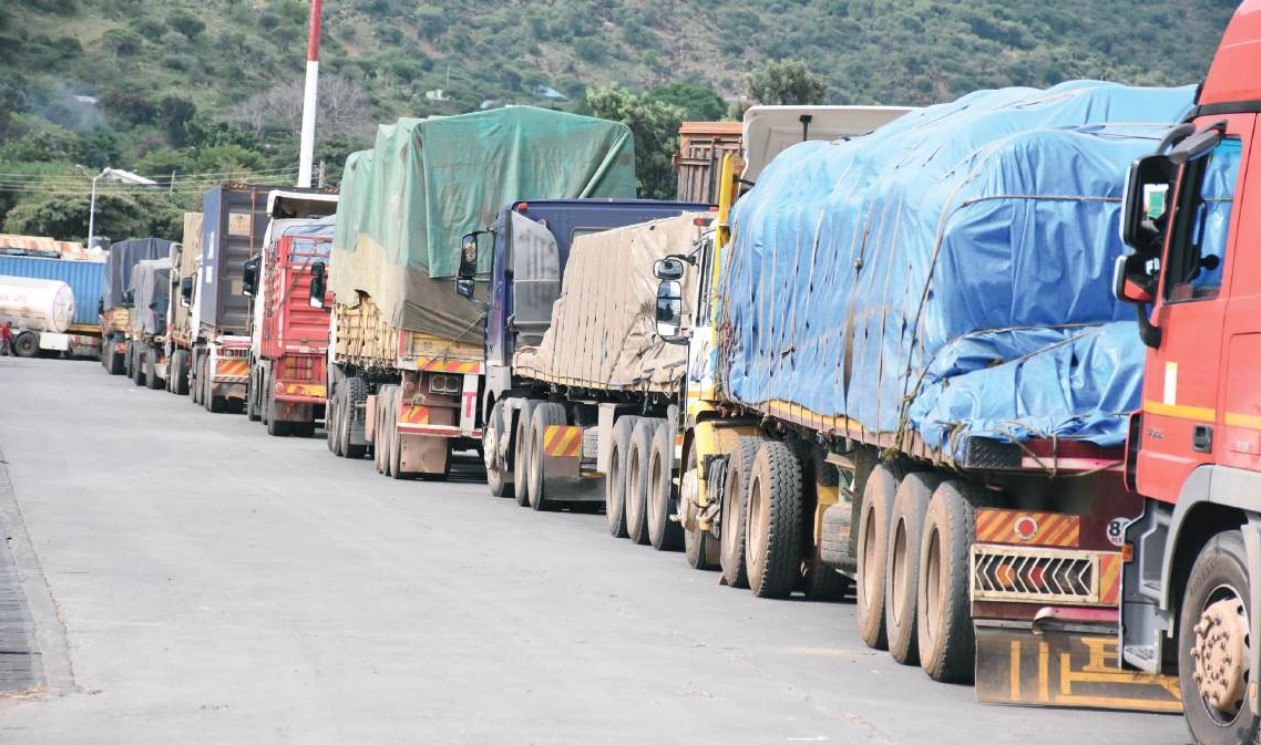

Two improved sukuma wiki varieties are being reintroduced by scientists in Kenya to help farmers combat pests and diseases, increase yields and access better markets.
Scientists from the Centre for Agriculture and Biosciences International and the Kenya Agricultural and Livestock Research Organization are working to multiply and bulk seeds of the kinale kale variety, which were first developed more than 20 years ago.
The initiative seeks to reintroduce these resilient varieties, selected for their resistance to pests and diseases, higher yields and superior leaf quality. The move is part of a broader effort to revive local seed systems, support agribusiness and promote farmer-led seed enterprises.
Kinale kale also known locally as Matharu, is widely grown and consumed in Nairobi, Mombasa, Central and Eastern regions. It is highly preferred for its large, tender green leaves that cook easily and are favoured by households and markets.
Lucy Karanja, a researcher and content manager at CABI’s regional centre for Africa, said the variety is a staple, following its high productivity and repeat harvest potential.
“The crop matures within 90 days after transplanting and can be harvested multiple times, yielding more than most commercial varieties currently available,” she said.
She said a lack of quality seeds has limited commercial cultivation.
“Many farmers rely on cuttings due to unavailability of clean seed stock from local agrodealers. This has led to genetic mixing over time, reducing crop performance and consistency,” Karanja said.
To address this, scientists are now reintroducing clean, improved seed lines to restore genetic purity, improve crop uniformity and make the crop more commercially viable.
From 2003 to 2005, Cabi and Kalro selected superior kinale kale plants from farmers’ fields in Kiambu county and developed five improved lines named Cabi 1 to CabiI 5. Two of the lines demonstrated exceptional qualities and were retained for seed production. The seeds were preserved by national partners and in overseas gene banks.
Duncan Chacha, a scientist at Cabi, said the project stalled until 2023, when some of the original seeds were rediscovered and used to restart seed bulking efforts.
“Unfortunately, initial plans to commercialise the improved seeds didn’t materialise, and some of the seed stock lost viability over time. But between 2023 and 2024, we initiated fresh seed production to ensure availability for farmers this year,” he said.
In April 2025, the Cabi 1 and Cabi 2 varieties were transplanted at two test sites in Kalro Ol Joro Orok and Njabini Agricultural Training Centre.
Scientists are currently monitoring plant health, growth rates and varietal traits with the aim of cleaning the seed and prepare it for farmer-led seed bulking and eventual distribution.
Monica Kansiime, deputy Director for development and outreach at Cabi, said the renewed project goes beyond seed revival and it aims to develop sustainable agribusiness models.
“We’re focusing on practical, climate-resilient varieties that can boost food production for low-income farmers,” she said. “By involving women- and youth-led groups in seed bulking, we aim to create targeted income-generating opportunities within the seed value chain.”























